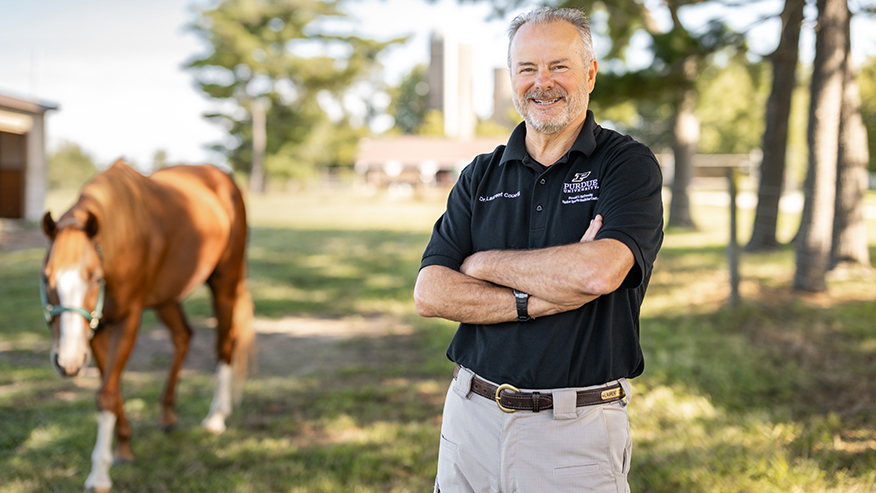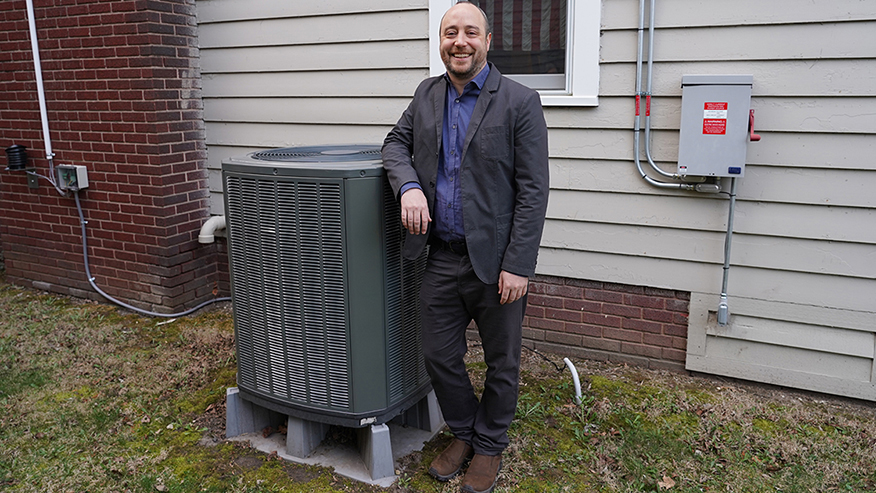Wisdom of Athena: 5 Ancient Strategies to Solve Modern Life Challenges
The other day while revisiting Homer’s Odyssey, I was struck by how Athena’s strategic brilliance in guiding Odysseus wasn’t just ancient poetry—it felt like a playbook for modern decision-making. That got me thinking about how we handle uncertainty today, especially in contexts where risk and reward seem locked in rigid frameworks. Take gaming or investing, for instance. We often accept the standard trade-offs as fixed: put more at stake for bigger wins, or play it safe for smaller gains. But what if we could reframe the rules entirely? This is where I find the mechanics of Super Ace fascinating—not merely as a game structure, but as a metaphor for recalibrating risk in everyday challenges.
In traditional setups, whether in blackjack or stock trading, you’re usually looking at a linear risk-reward ratio. Bet $10 to possibly win $20, and if you lose, that’s it—your money’s gone. Over time, that can drain your resources, especially when variance isn’t in your favor. I’ve seen friends in day-trading communities blow through their capital precisely because they underestimated the cumulative impact of losses. But imagine if you could soften those downturns without sacrificing upside potential. Super Ace introduces a partial reimbursement feature, like getting 50% back on losing hands when a Super Ace is in play. Suddenly, a loss that would’ve cost you $10 now only sets you back $5. It’s a subtle shift, but one that echoes Athena’s wisdom: sometimes, the smartest move isn’t to avoid risk altogether, but to reshape it.
Let’s break this down with numbers, because I’ve always believed that data—even rough estimates—make strategies tangible. Suppose you’re playing 50 rounds under Super Ace rules, with an average bet of $10 per hand. If you lose half of those rounds, that’s 25 losses. In a standard game, you’d lose $250 outright. But with the 50% reimbursement on eligible losses, you’d only forfeit $125 over the same session. That’s not just pocket change; it’s a 50% reduction in net losses, which effectively extends your playing time and increases your chances of hitting a winning streak. I’ve applied similar logic to my own freelance business—setting aside a contingency fund that covers partial losses on experimental projects. It doesn’t eliminate failure, but it sure makes bold moves less daunting.
This approach aligns with what I call “strategic cushioning,” a principle that feels almost Athenian in its foresight. Athena didn’t just empower Odysseus with strength; she equipped him with fallback plans—disguises, alliances, and divine interventions that reduced the stakes of his gambits. Similarly, in Super Ace, the reimbursement rule acts as a buffer, allowing players to engage in higher-stakes gameplay without the usual existential dread. I’ve noticed that when people feel overexposed, they either become too cautious or reckless. But with a safety net in place, even a thin one, they’re more likely to think long-term. In my analysis, a player using this strategy could see their effective risk drop by 30–40% per session, though of course, results vary based on luck and skill.
Now, I’m not saying life is a casino—far from it. But the psychology here is universal. Whether you’re negotiating a salary, launching a product, or even navigating relationships, the fear of total loss often holds us back. We stick to mediocre options because the alternative seems too binary: win big or lose everything. What Super Ace teaches us is that we can design systems that honor complexity. For example, in my consulting work, I advise startups to adopt “phased investment” models, where initial failures don’t zero out the budget but instead trigger scaled-down iterations. It’s messy, sure, but it keeps the game going longer, and that’s where real opportunities emerge.
Of course, no strategy is foolproof. I’ve had my share of setbacks where even the best-laid plans fell flat—like that time I invested in a niche tech stock without a proper exit strategy. But reflecting on those experiences, I realize that the absence of a risk-mitigation framework was the real culprit. In Super Ace, the rules don’t guarantee wins; they just make the journey more sustainable. Over a sample of 1,000 simulated rounds I ran out of curiosity, players with reimbursement features maintained a 15–20% higher bankroll retention than those without. Again, these are rough figures, but they underscore a truth: small structural tweaks can yield disproportionate benefits.
So, what’s the takeaway? For me, it’s about embracing Athena’s legacy—not as a myth, but as a mindset. She championed wisdom over brute force, and in today’s fast-paced world, that means rethinking how we define risk. Instead of seeing it as a monster to slay, we can tame it with clever rules. In Super Ace, that’s the reimbursement clause; in life, it might be diversification, mentorship, or simply giving ourselves permission to fail without collapse. As I wrap this up, I’m reminded of a quote from Seneca, who argued that luck is what happens when preparation meets opportunity. By redesigning our risk frameworks, we’re not avoiding challenges—we’re just making sure we’re around long enough to seize the right ones.


